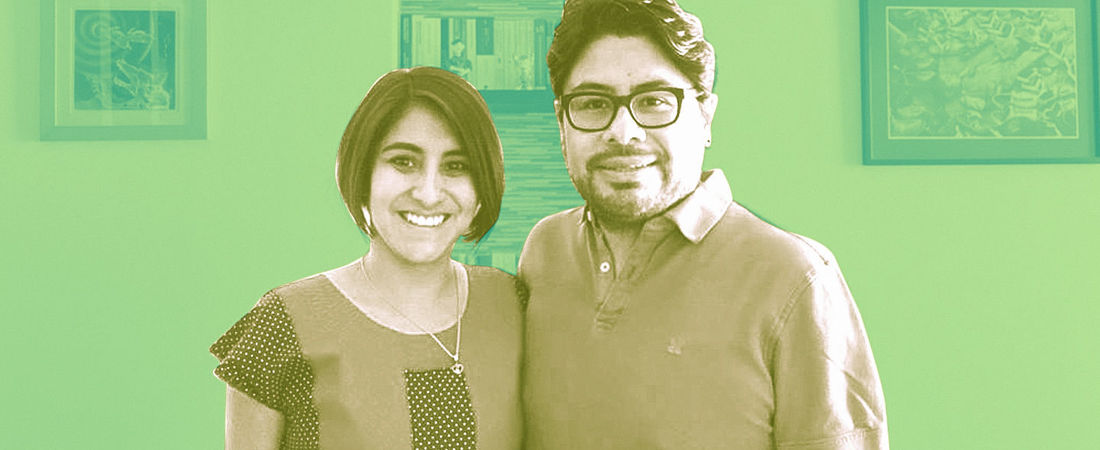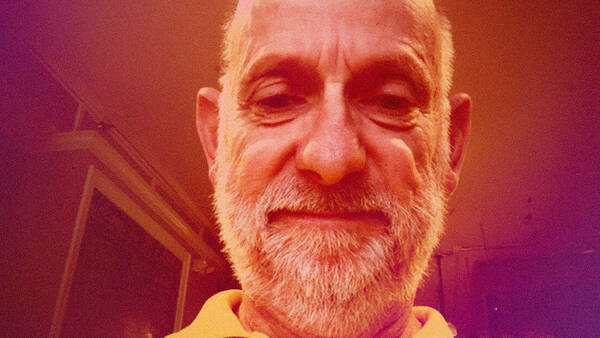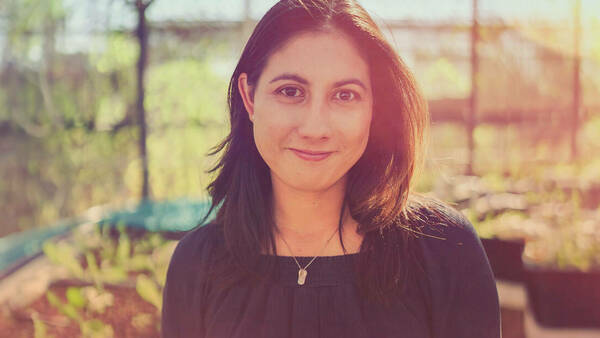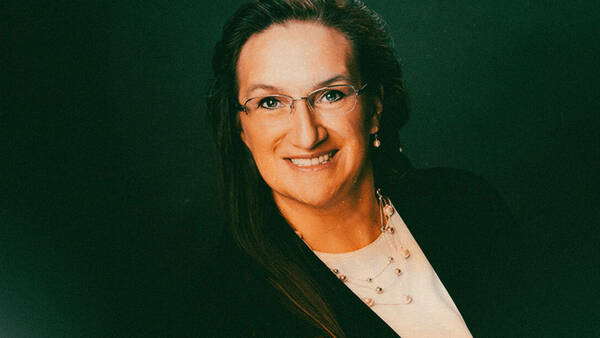Fabián Sánchez Matus ’15 LLM and Lorena Bazay Dulanto ’15 LLM grew up in different parts of the world, but Notre Dame, and a passion for human rights law, brought them together.
After meeting in the Master of Laws program and sharing distinction as 2014-15 Rita Bahr Scholars, Sánchez, who grew up in Mexico City, and Bazay, who hails from Lima, Peru, got married in 2018. The previous year, they co-founded Laboratorio de Litigio Estructural (in English, the Structural Litigation Laboratory) with the mission of working through the Mexican legal system to bring about structural changes that prevent human rights violations.
The organization is Sánchez’s latest effort to address human rights abuses in his native country, where for nearly two decades he has worked on cases involving torture, forced disappearances, and extrajudicial executions.
“These are gross violations of human rights, and the suffering they cause, I think, is the worst that humanity can see,” Sánchez said. “In my work, I try to do something to fight against these kinds of violations and try to do something for the people, related with justice, with truth, with reparations of human rights, and try to establish precedents in human rights, especially in Mexico.”
Through this work of structural litigation — focusing on cases within Mexico that can change legal precedents around human rights — they hope to hold the government more accountable for its actions and omissions on human rights, Bazay said.
“I hope this would lead to structural changes which would prevent human rights violations in the future,” she said. “Small victories keep me motivated, it shows me that change is possible and that our hard work is impacting positively on someone else’s life, making it a bit better.”
Sánchez, too, said that the people he works with inspire him to continue with the often challenging work of human rights law. For example, he works with the families of political dissidents who disappeared in Mexico in the 1970s.
“Their families, they have almost 50 years of fighting for truth, fighting for the memory of these people,” he said. “And I think this is motivating not only to me, but to all people.”
Through the work of their organization, Bazay and Sánchez are building a broader movement, Mexico’s first, around structural litigation in human rights cases.
“I’m trying to invite people from other (Mexican) states to build this network and try to do something collective, a movement on strategic litigation, to share cases, to share strategies or to share knowledge on human rights and litigation, to share, for example, good examples from other countries,” Sánchez said. “I’m trying to do this right now, and I have many, many people who are saying, ‘Yes, we can do it together.’”
In this mission, both Sánchez and Bazay draw on their deep experience and international networks. Before Notre Dame, Bazay obtained her law degree from the Pontifical Catholic University of Peru (PUCP). After graduation, she worked for PUCP’s Institute for Democracy and Human Rights for about five years, during which time she interned for the Coalition for the International Criminal Court in New York City.
Following her time at Notre Dame, she completed a seven-month fellowship at the International Commission of Jurists’ Bangkok regional office thanks to a grant from Notre Dame’s Klau Center for Civil and Human Rights, which is part of the Keough School of Global Affairs.
“This was probably one of the most enriching experiences,” she said of the fellowship. “It was the first time I combined research and field work, and it definitely helped me see human rights work from a different angle. Plus, I got to work with great professionals and human beings.”
After an additional five-month contract with the ICJ, Bazay moved to Mexico to be with Sánchez, who has extensive human rights experience there. He earned his law degree at the National Autonomous University of México (UNAM) in 2005, and served for eight years as a lawyer and then Executive Director of the Mexican Commission for the Defense and Promotion of Human Rights.
In 2009, he founded i(dh)eas, a non-governmental organization focused on strategic human rights litigation, which he led until 2013, when he received a Humphrey Fellowship from the U.S. Department of State and studied at the American University Washington College of Law. After Notre Dame, he completed a fellowship at the Inter-American Commission on Human Rights in Washington, D.C., thanks to a grant from Notre Dame’s Klau Center for Civil and Human Rights, before returning to Mexico.
Through all of these experiences, Bazay and Sánchez remain committed to fighting for human rights. Their fledgling organization, the Structural Litigation Laboratory, has only one additional employee, and two ongoing projects: one aimed at training public defenders to fight torture, and the other working on laying the foundations for structural litigation in Mexico.
They welcome any assistance they can get, and are open to hosting Notre Dame students and alumni to join them in their cause. And ultimately, Sánchez said, he hopes for a day when the sort of strategic litigation work they do is no longer necessary.
“We have good public policy, sometimes, in different issues on human rights, but we don’t have strong institutions to implement these laws,” he said. “So I think again, if we have these strong institutions, we don’t need cases before judges. If we have a good public policy and if we have good implementation, we don’t need these cases.



